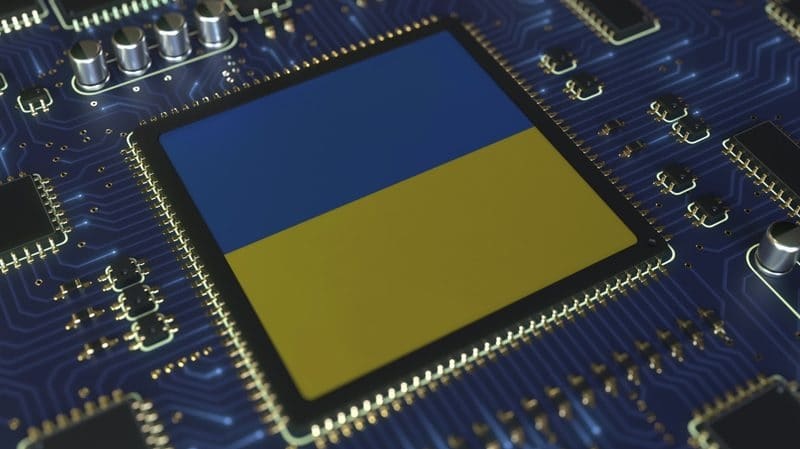As we’ve mentioned several times here, the COVID-19 pandemic has been and continues to play an important role in chip shortages. However, at a time when the virus appears to be under control, there is now a new concern in the industry sector.
The Russian invasion of Ukraine may now also have an impact on this component shortage, and it already appears to be affecting the sector slightly. The reason is that Ukraine is one of the largest suppliers of neon, an important component of the chip industry.
Unfortunately, we are witnessing a moment of great tension in Europe, and therefore in the rest of the world. The war began with the Russian invasion of Ukraine on Thursday (24), a situation that has already reinforced several waves of solidarity in the four corners of the planet, with many messages of support, as conflict intensifies and entire families leave. The Ukrainian state is looking for security.
The scenario we see on television, in newspapers and on social networks speaks for itself, and this is a serious problem that is already affecting several sectors.
Russia's invasion of Ukraine affects the chip industry
After the consequences of the epidemic, which in the meantime seem more stable, now also the Russian invasion of Ukraine is adapting the technological industry, especially in relation to the chip sector. Despite the fact that many companies currently have a higher inventory than a few months ago, if the conflict continues for a longer period, there will certainly be a negative and significant impact on the production of electronic components.
This is because Ukraine progress More than 90% neon grade semiconductor to USA. This is an essential component applied to lasers used to manufacture chips. In addition, gas purification, a by-product of the Russian steel industry, is being refined in Ukraine, according to market analysis firm Techcet.
In addition, palladium, a metal used in sensors, memory components and other applications, is largely produced in Russia, with about 35% of it earmarked for the North American market.
According to a source in the Japanese chip industry who spoke on condition of anonymity:
Chip makers don't feel a direct hit, but companies that supply materials for semiconductor manufacturing, and that buy gases including neon and palladium, from Russia and Ukraine do.
Availability of these materials is already tight, and any additional pressure on supply could drive up prices. This, in turn, could lead to higher chip prices.
As a result, some companies are already looking at other solutions. For example, the Dutch company ASML Holding, said last Wednesday (23) that it is already analyzing other alternatives to obtain neon.

“Wannabe internet buff. Future teen idol. Hardcore zombie guru. Gamer. Avid creator. Entrepreneur. Bacon ninja.”


